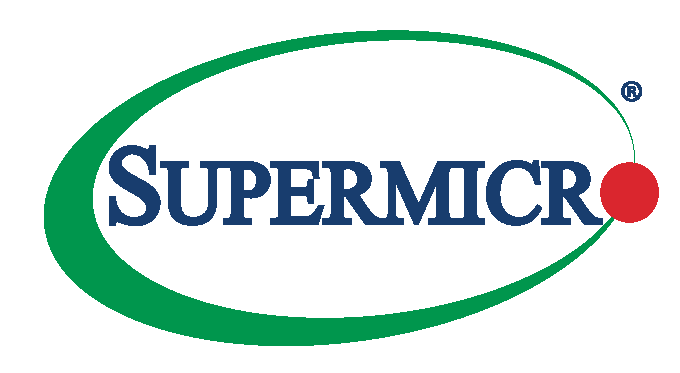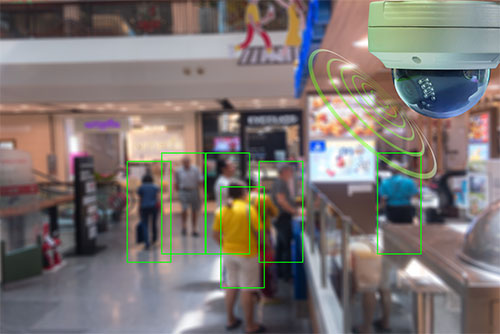AI-ML Articles
Retail AI at the edge: Now here from Supermicro, AMD & Wobot.ai
- October 14, 2025
- Author: Peter Krass
Retailers can now use AI to analyze in-store videos, thanks to a new system from Supermicro, AMD and Wobot.ai.
4 IT events this fall you won’t want to miss
- October 2, 2025
- Author: Peter Krass
Important IT industry events are coming in October and November--with lots of participation from AMD and Supermicro.
Research Roundup: Cloud infrastructure spending, AI PoCs, preemptive security, AI worries
- September 25, 2025
- Author: Peter Krass
Get the latest insights from leading IT researchers, industry analysts and market watchers.
Vultr, Supermicro, AMD team to offer hi-performance cloud compute & AI infrastructure
- September 18, 2025
- Author: Peter Krass
Vultr, a global provider of cloud services, now offers Supermicro servers powered by AMD Instinct GPUs.
Retail in the Spotlight: Making Shelf Space for AI
- September 11, 2025
- Author: KJ Jacoby
Learn how retailers including Amazon, Sephora and Walmart are applying artificial intelligence to deliver real business benefits—and help their shoppers find just the right product.
Looking for business benefits from GenAI? Supermicro, AMD & PioVation have your solution
- September 5, 2025
- Author: Peter Krass
Struggling to deliver business benefits from Generative AI? Supermicro, AMD and PioVation have a new solution that not only works out-of-the-box, but is also highly scalable.
How Supermicro/AMD servers boost AI boost performance with MangoBoost
- August 20, 2025
- Author: Peter Krass
Supermicro and MangoBoost are together delivering an optimized end-to-end GenAI stack. It’s based on Supermicro servers powered by AMD Instinct GPUs and running MangoBoost’s LLMBoost software.
Need AI for financial services? Supermicro and AMD have your solution
- August 12, 2025
- Author: Peter Krass
Financial services companies are making big investments in AI. To speed their time to leadership, Supermicro and AMD are partnering to deliver advanced computing systems.
Validate, test and benchmark the latest AMD-powered servers with Supermicro JumpStart
- August 1, 2025
- Author: Peter Krass
Get a free test drive on cutting-edge Supermicro servers powered by the latest AMD CPUs and GPUs.
Tech Explainer: What is agentic AI?
- July 24, 2025
- Author: KJ Jacoby
Find out how new artificial intelligence systems can make decisions and take actions autonomously—that is, without human intervention.
- ‹ previous
- 2 of 10
- next ›












